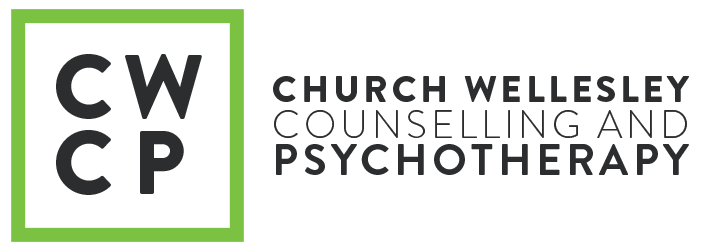Financial abuse. A seldom acknowledged and frequently overlooked aspect of interpersonal (especially romantic) relationships that leaves significant scars above just those which are monetary. It is a form of control and manipulation that manifests through various means, impacting victims in profound and lasting ways.
Defined simply by the exertion of control and power through money, the more dynamic nature of financial abuse is within its’ encompassing spectrum of behaviors, ranging from stealing money and controlling access to financial resources to tricking someone into giving away their hard-earned funds. At its core, the insidious goal is to shackle victims to their abusers through the subtle denial of economic independence.
Shocking as it may be, the prevalence of financial abuse exists in an estimated 94% to 99% of abusive relationships, as reported by the Woman Abuse Council of Toronto (WomanACT), and often becomes a significant barrier that prevents victims from breaking free from abusive situations.
Recognizing the onset signs of financial abuse are crucial for potential victims or those supporting someone in such a situation. Does one of the partners:
- Need to ask for permission before making purchases or decisions?
- Have a glaring financial imbalance within the relationship?
- Casually insist upon the idea of an “allowance” or quitting a job?
These above subtle and innocuous characteristics could be red flags signaling the potential for financial abuse.
In terms of escaping the clutches of financial abuse, this requires a multifaceted approach that integrates empowerment, resources, and support.
For those seeking a way out, turning to the resourcefulness of dedicated hotlines and domestic abuse services provides invaluable support, guidance, and shelter options for those in need. ShelterSafe helps connect women and children with shelters across Canada, Steps to Justice provides Ontarians with legal information about their financial rights when leaving abusive partners, and Canadians can text CONNECT to 686868 to access the Crisis Text Line.
Another vital aspect involves seeking refuge with friends or family who can offer temporary housing and emotional support. This network can serve as a lifeline during the challenging transition out of an abusive relationship.
Crucially, when planning an exit strategy, it is essential to retain control over personal finances. Avoiding the surrender of all financial resources to escape the abusive situation is crucial for long-term stability and independence. If you have not yet met your personal banking manager, reaching out and making a connection for an in-person meeting to discuss how you can maintain autonomy and independence over your financial accounts is a necessary step in the process of regaining your agency.
However, breaking free from financial abuse is not just about escaping the immediate threat; it is about reclaiming autonomy and rebuilding a life free from control and manipulation.
The fight against financial abuse necessitates collective effort. Awareness, education, and support systems play pivotal roles in aiding victims and preventing future instances. By talking more openly about this hidden facet of abuse, we can strengthen the advocacy efforts aimed at fostering enhanced financial autonomy within relationships that are built on equality and respect rather than coercion and control.
A key message here is that you are not alone and there are pathways to freedom and support, no matter how daunting it may seem at the moment. If you struggle with figuring out the “best first step”, begin by forging a personal connection with your personal banking management team – they are more resourceful than you may realize.
Want to know more about a specific topic related to psychotherapy? Send me an email (adam@cwcp.ca) and let me know so I can write a blog post about it. And if you would like an honorable mention for your recommendation, let me know that too and I will include your name!


